All self-directed IRA investors should have a basic understanding of Unrelated Business Taxable Income (UBTI) and the tax on that income, Unrelated Business Income Tax (UBIT). When people think of making investments in their IRA, they think of their investment income and gains as being tax deferred in Traditional IRA or tax-free in a Roth IRA. Sometimes, however, income produced by an investment in your IRA could trigger UBTI. Before making an investment with an IRA or with an IRA LLC, investors should ask themselves whether the investment might trigger UBIT. Recognizing when UBIT might apply is important.
In short, UBIT is a tax that is payable by an IRA when it receives business income as opposed to investment income. In addition, UBIT is also owed when an IRA generates Unrelated Debt-Financed Income (UDFI). UDFI occurs when the IRA generates income or investment gains on a property, or an investment financed by debt.
What is UBIT?
UBIT is a unique tax enacted by Congress in 1950 that applies to tax-exempt entities such as charities, churches and universities. Congress was concerned about exempt organizations running unrelated businesses without paying taxes on the income produced by that unrelated business.
The purpose of UBIT is to level the playing field and prevent tax-exempt entities from competing unfairly with taxable entities, like corporations. UBIT can affect most retirement accounts but happens most frequently when investing in alternative assets.
The IRS states that unrelated business income is income generated from an ongoing trade or business that is not related to the organization’s exempt purpose.
An IRA is considered a tax-exempt or tax-deferred entity for the purpose of saving for retirement. If your IRA owns an operating company (directly or through a pass through entity such as a partnership), the income it receives from selling goods and services would be subject to UBIT because the operating company itself is unrelated to the central purpose of an IRA – which is to save for retirement.
What types of investment income is exempt from UBIT?
Investment income that is exempt from UBIT includes the following:
- Real Estate Rental Income, IRC 512(b)(3) – The rent of real estate is investment income and is exempt from UBIT
- Interest Income, IRC 512(b)(1) – Interest and points made from the lending of money is investment income and is exempt from UBIT.
- Capital Gain Income, IRC 512(b)(5) – The sale, exchange, or disposition of assets is investment income and is exempt from UBIT.
- Dividend Income, IRC 512(b)(1) – Dividend income from a C-Corp where the company paid corporate tax is investment income and is exempt from UBIT.
- Royalty Income, IRC 512(b)(2) – Royalty income derived from intangible property rights such as intellectual property and from oil/gas and mineral leasing activities is investment income and is exempt from UBIT.
A self-directed IRA can generate unrelated business income subject to UBIT when the income is outside of the exemptions outlined above. This occurs when an IRA invests an operating business (e.g. sells goods or services) that is structured as a pass-thru entity for taxes (e.g. a partnership) and does not pay corporate taxes. Examples of pass-through entities include limited liability companies (LLC) and limited partnerships (LP). The income from the pass-through entity flows to its owners and would be ordinary income. If the company has net taxable income it will flow through to the IRA as ordinary income on a Schedule K-1 and this will cause taxes due from the IRA.
What is Unrelated Debt Financed Income (UDFI) and how does it relate?
If an IRA uses debt to buy an investment, the income attributable to the debt is referred to as Unrelated Debt Financed Income (UDFI) and is subject to UBIT. Only the amount of the income produced by the investment attributed to the debt is taxed as UBIT. To calculate the amount of debt attributable to the investment, the average indebtedness is calculated for the year and only the percentage of the income attributable to the average indebtedness is taxed as UBIT.
The most common situation occurs when an IRA buys real estate financed with a non-recourse loan. For example, your Checkbook IRA LLC buys a rental property for $100,000 with a non-recourse loan (a loan not personally guaranteed by the IRA beneficiary).
The average principal balance of your mortgage for the year is $50,000 and the property produces $10,000 in rental income. Because your average indebtedness was 50% of the property value, this fraction is applied to the rental income of $10,000 to calculate your UDFI of $5,000. UBIT taxes would be owed on this amount.
If you then sell the property for $140,000 at the end of the year, your average indebtedness of 50% will also be applied to your gain to calculate UDFI. Your UDFI is therefore 50% of your $40,000 gain, or $20,000 and UBIT taxes would be owed on this amount.
Unrelated Business Income Tax is Reported and Paid by the IRA via a Form 990-T
Unrelated Business Income Tax for an IRA is reported and paid via IRS Form 990-T. IRS Form 990-T is due for IRAs on April 15th of each year. IRA owners can file and obtain an automatic 6-month extension with the IRS by filing an extension request before the regular deadline.
If taxes are due, they must be paid from the IRA. You, as the IRA owner, are responsible for preparing the Form 990-T and sending it to your IRA Custodian for their signature and for directing the IRA Custodian to make payment to the IRS for any tax due as part of the 990-T return.
Because every situation is unique, it is important that you consult with a CPA or attorney before you make any investment that might generate UBIT.

